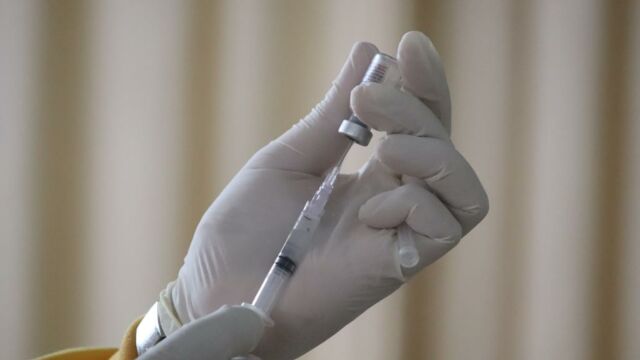According to a member who sits on the NHS assembly, Dr Clare Gerada, some patients in the UK were having their second jab slots pushed back because there are insufficient Pfizer vaccines in stock.
Discover our latest podcast
Not enough vaccines?
Speaking on BBC Radio 4's the Today programme, Dr Gerada said:
At the moment, we've mainly got the AstraZeneca vaccine and very few Pfizer.
She reiterated that most practitioners have been calling on people to take the AstraZeneca vaccine and cancelling people for the Pfizer vaccine as most of the supplies are running out.
The UK government has vehemently denied such claims, stating that there has never been any shortages of supply of Pfizer vaccines.

Suggested alternatives
Following concerns over rare blood clots, the Joint Committee on Vaccination and Immunisation had previously recommended that all persons under 40 and pregnant women should get a substitute vaccine to AstraZeneca.
Meanwhile, some have made calls to 'look again' at the JCVI guidelines and allow the use of other vaccines for younger age groups.
Pfizer, AstraZeneca and Moderna are the three COVID vaccines that are being used in the United Kingdom presently.
Side effects of the jab
Citizens who have taken the first and second jab of the vaccines have been reported to experience several mild side effects such as muscle fatigue, short term inflammation around the heart and moderate pain in their upper arm for a few days, but these conditions have neither resulted in death nor major complications.
The people who develop these conditions usually return to their normal daily activities in just a few days when their symptoms improve. Medical experts say that the mild and rare side effects from COVID-19 vaccines are not in any way as serious as the potential damage the disease itself can cause.
They warn that the long-term consequences of COVID-19 can include increased risk of stroke, lung damage, Alzheimer’s disease, and Parkinson’s disease. A COVID survivor could also be prone to these diseases, hence the need to take vaccines.















